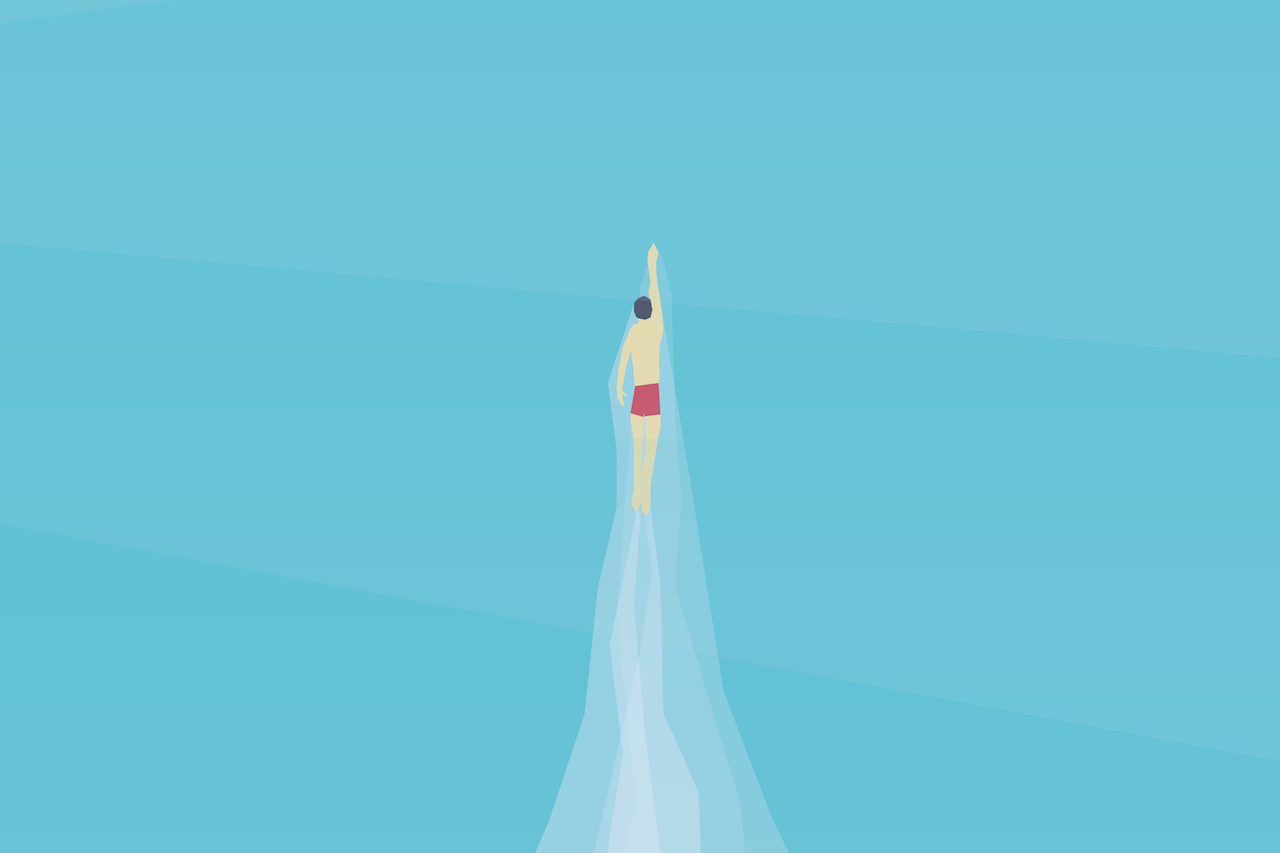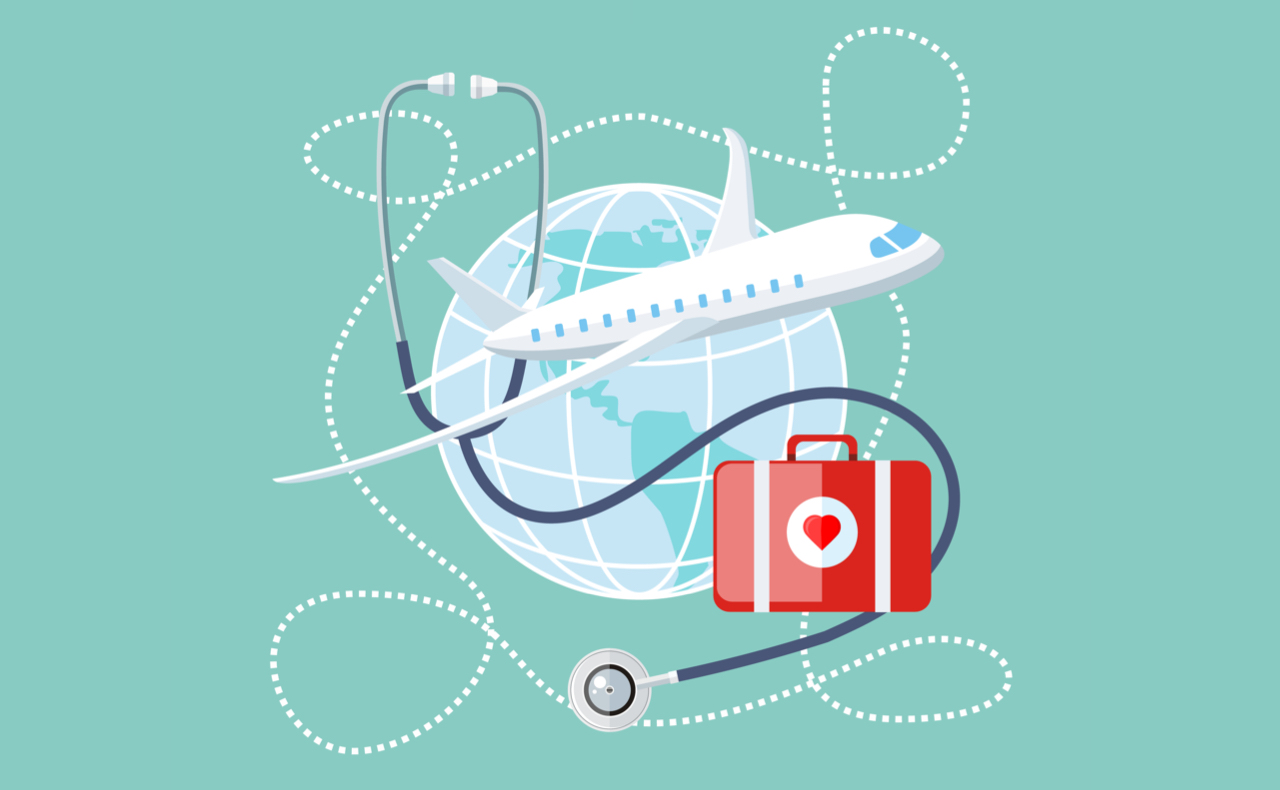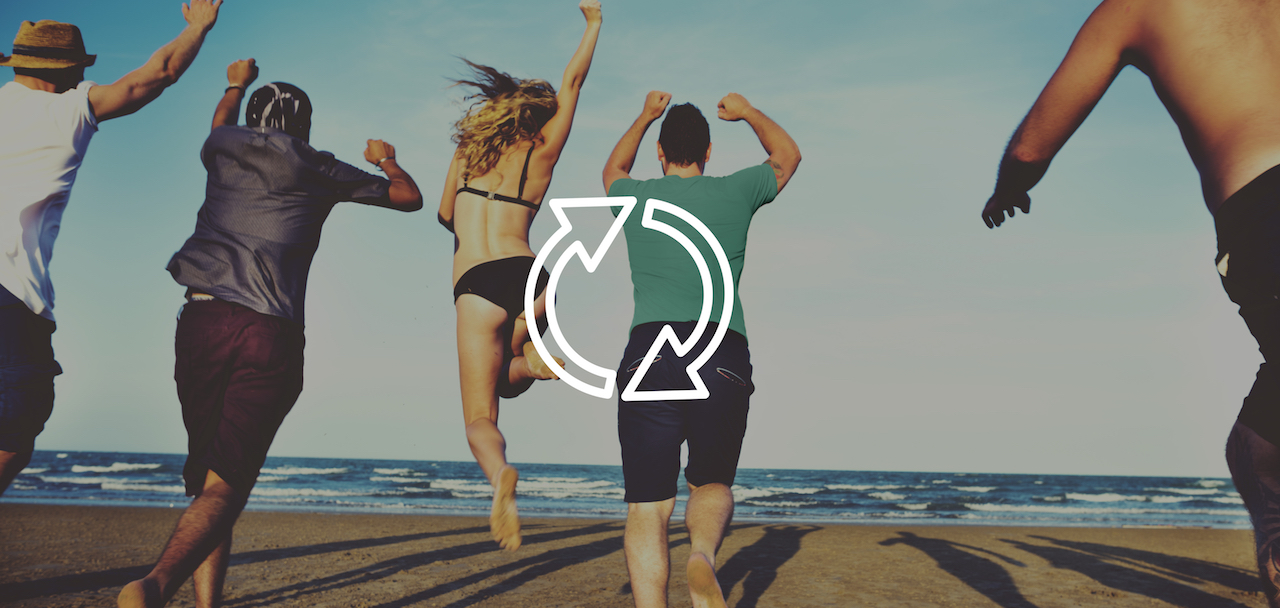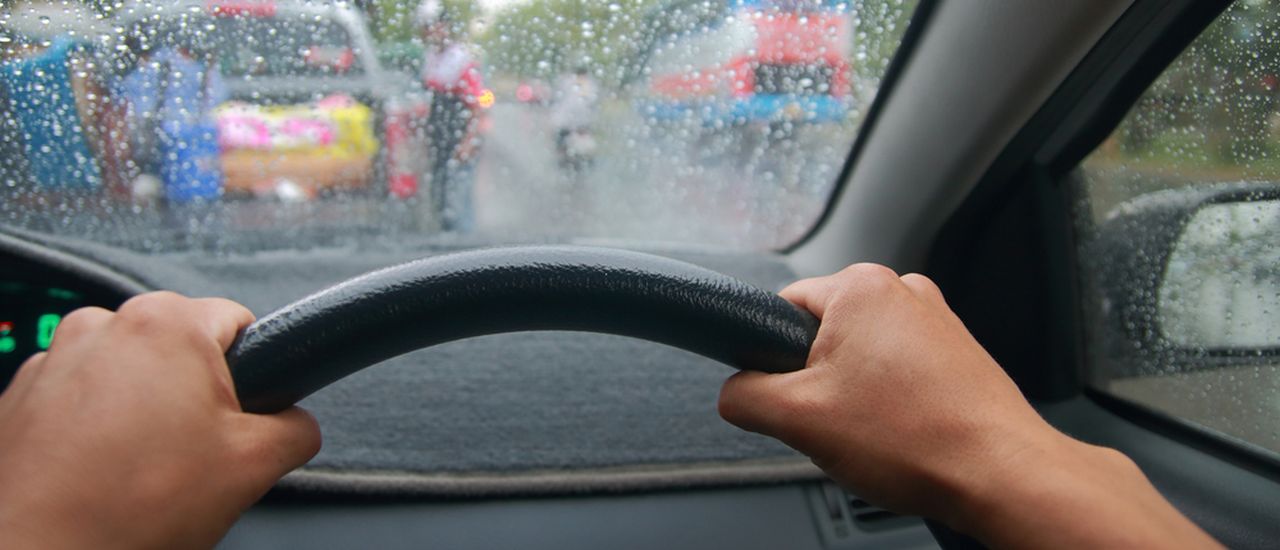A cool, salty breeze on your skin, waves softly crashing over you and endless sand to squish your toes into…
There’s nothing quite like frolicking in the ocean to lift your spirits.
But, did you know that taking a dip also has health benefits? Years ago, ancient Greeks bathed in seawater to boost their health, and so can you! Here are some great reasons to dive on in.
It heals your skin
Unlike a river, seawater has large amounts of important minerals like calcium, chloride, sodium, sulphate and magnesium. These minerals are little health helpers for skin and can help clear up conditions like psoriasis and eczema. When you’re swimming in the ocean, your skin is also exposed to the sun. When the mineral salts team up with Vitamin D from the sun, your skin can regenerate itself more easily.
You’ll breathe easier
If you suffer from asthma, a severe cough or phlegm, swimming in the ocean and breathing in the ocean breeze can help. The salt water from the ocean helps rinse out your airways and gets rid of toxins and other substances that attack your lungs and makes breathing more difficult.
Dip to destress
Seawater is full of magnesium; an important mineral that can help calm you. Besides magnesium, plunging into cold water gives you a rush of adrenaline and releases dopamine, the feel-good hormone. This combination can help keep you happy. What’s more, the ocean’s relaxing atmosphere and the weightlessness of the water makes it a great place to meditate and relax.
It boosts your immune system
Blood cells; particularly white blood cells, act as soldiers to guard your body against intruders like viruses and bacteria. A dip in the ocean – specifically cold water – increases the number of both red and white blood cells in your body. This means seawater is a great way to help a weakened immune system gain back its strength.
Your hay fever and sinus symptoms will decrease
Saline (salt) solutions are often used to treat symptoms of sinus and hay fever by flushing out the nasal cavity. They help by reducing inflammation and clearing any infection of the sinuses. Swimming in the ocean and being exposed to a salty environment like the beach offer the same positive effects.
It can help with aches and pains
If you suffer from chronic pain, doing your workout in the ocean or near it is a good choice. In water, there isn’t the same strain and impact that there is on land. As exercising in water makes moving and stretching easier, it also helps with muscle pain and arthritis.
You’ll sleep better
Whether you choose to swim in the ocean or take a walk along the beach, you will be tired out because of the effort of exertion. The exercise combined with the lulling sound of the ocean’s waves can help you to sleep more soundly at night.
References:
- https://www.surfertoday.com/surfing/13050-the-health-benefits-of-sea-water
- https://theconversation.com/health-check-why-swimming-in-the-sea-is-good-for-you-68583
- http://www.wiseandwell.co/life/world/health-benefits-science-ocean/
- https://www.sciencefocus.com/science/does-sea-air-really-make-you-sleep-better/












